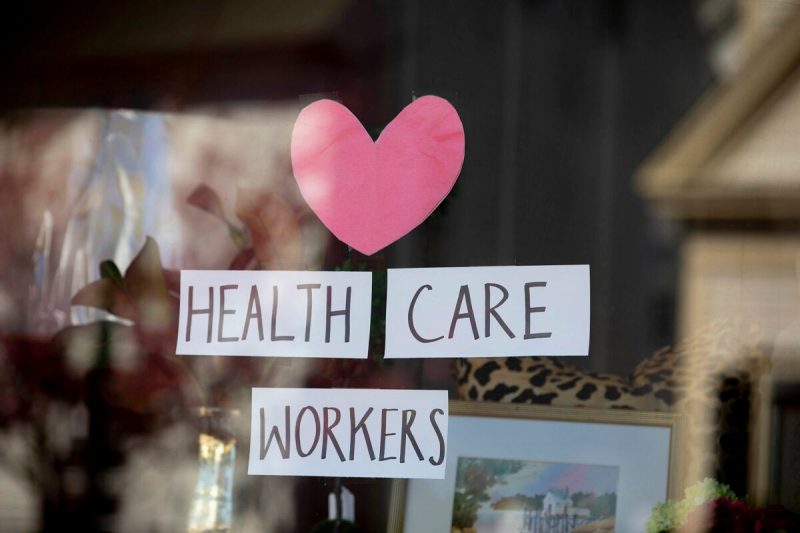Body:
1. Maintaining Resilience in Times of Crisis
In the face of a global pandemic, it becomes imperative for individuals and communities to adapt and thrive amidst adversity. The lessons we learn from such challenging times can shape our outlook and behavior moving forward. Building resilience is one of the crucial lessons that emerges from a pandemic.
Resilience is the ability to bounce back and recover from difficulties or setbacks. It is about facing challenges, adapting to change, and finding ways to overcome obstacles. During a pandemic, resilience can take many forms, such as emotional resilience, physical resilience, and community resilience.
2. Emotional Resilience: Nurturing Mental Well-being
A pandemic can take a toll on our mental health. The uncertainty, fear, and loss experienced during such times can lead to heightened levels of anxiety and stress. However, it is essential to prioritize and nurture our emotional resilience.
Practicing self-care, such as maintaining a structured routine, practicing mindfulness, and seeking support from loved ones or professionals, can help individuals develop emotional resilience. Additionally, focusing on positive coping mechanisms, such as engaging in hobbies, exercise, and maintaining a healthy lifestyle, can contribute to a stronger sense of emotional well-being during a crisis.
3. Physical Resilience: Prioritizing Health and Fitness
A pandemic often highlights the importance of physical health. Being physically fit and maintaining a strong immune system can provide an added layer of protection against the virus. As we navigate through these challenging times, incorporating healthy habits into our daily routines becomes paramount.
Regular exercise, a balanced diet, adequate sleep, and hygiene practices are some of the key components of physical resilience. Prioritizing health and fitness not only strengthens our immune system but also enhances our overall well-being and ability to cope in times of crisis.
4. Community Resilience: Coming Together for Collective Strength
During a pandemic, the power of community becomes evident as we witness people coming together to support each other. Community resilience refers to the collective ability to respond and recover from a crisis as a united front.
Communities that foster strong social connections, open lines of communication, and provide support networks are better equipped to withstand the challenges posed by a pandemic. Sharing resources, offering assistance to vulnerable populations, and promoting a sense of solidarity are some ways in which communities can build resilience.
5. Lessons in Preparedness: Understanding the Importance of Planning
The COVID-19 pandemic has highlighted the significance of preparedness in the face of a crisis. From healthcare systems to businesses and individuals, the need for effective planning has become undeniable.
Preparing for potential emergencies involves factors such as having emergency kits, creating contingency plans, and staying informed about current events. By learning from a pandemic, individuals and organizations can put in place measures that mitigate risks and ensure better preparedness for future crises.
6. Embracing Adaptability: Thriving in the Face of Change
A pandemic disrupts daily life and forces individuals and systems to adapt rapidly. Embracing adaptability becomes crucial in navigating through unprecedented times successfully.
Flexibility and open-mindedness enable individuals and communities to adjust to changing circumstances. Adapting to new work environments, utilizing technology for communication and collaboration, and finding innovative solutions to challenges are all ways in which individuals can develop adaptability skills.
7. Conclusion
A pandemic brings unforeseen challenges, but it also offers valuable lessons. By fostering resilience, prioritizing mental and physical well-being, building strong communities, understanding the importance of preparedness, and embracing adaptability, individuals and societies can emerge stronger and better equipped to face future crises. Let us use the lessons learned from this global experience to shape a brighter and more sustainable future for all.

